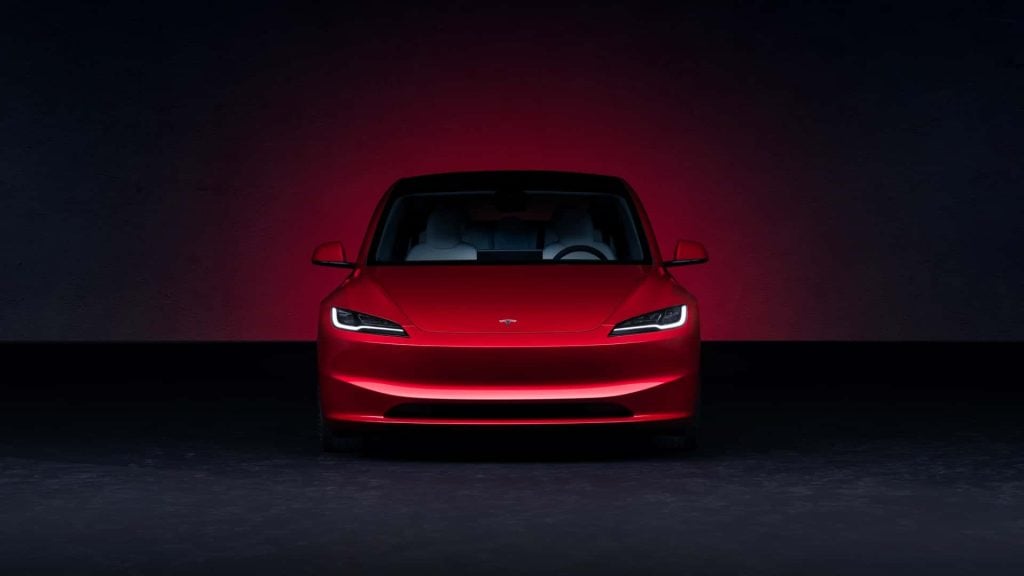As Tesla announces its $27,000 electric vehicle, the U.S. car dealership landscape is undergoing a huge shift. This development comes at a time when the transition to electric vehicles (EVs) is already challenging traditional dealerships. Dealers are now grappling with the necessity to stock EVs, a change that has left many with unsold inventories, while Tesla’s pricing strategy threatens to outmaneuver legacy automakers.
Many dealers are being forced to include EVs in their catalog
The reluctance among traditional dealers to embrace EVs is evident. A survey by the Sierra Club in 2022 revealed that 66% of U.S. dealerships did not have an EV for sale, and 45% wouldn’t offer EVs even if they could. Major manufacturers like Ford and General Motors are pushing their networks towards EV readiness, but face resistance. Many dealers prefer buyouts to transitioning to EV sales, reflecting a deep-seated hesitation to adopt new technologies and business models.

The Washington Post highlighted the lack of preparedness among car dealerships for the electric transition. Sales staff often have limited knowledge about EVs, hindering their ability to educate and convince customers. Selling EVs requires more time and effort, as customers have numerous questions, particularly regarding charging and range.
This situation poses a dilemma: as the auto industry pivots towards electrification, how will traditional dealerships adapt? Their resistance not only hampers the growth of EVs but also reflects a broader challenge in aligning traditional business practices with emerging technological trends. As the automotive world continues to evolve, dealerships must either adapt or risk becoming obsolete in a rapidly changing market landscape.
RELATED:
- Here’s how much it Roughly Costs to (Hypothetically) Fuel an Electric Vehicle
- Yadea Kemper electric motorcycle with 99mph top speed unveiled at EICMA 2023
- Best smart refrigerators of 2023: LG, Samsung, & More
(Via)







